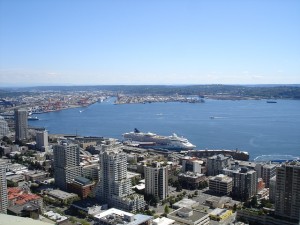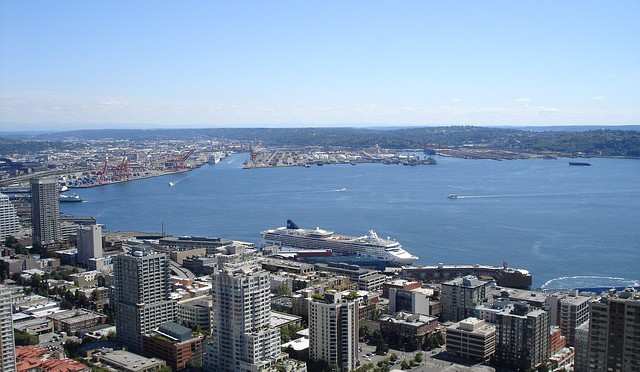 According to the World Water Development Report by the United Nations “A 40% shortfall of freshwater would be experienced as soon as 15 years.” Eight cities throughout the world were cited to witness severe fresh water shortages due to failing infrastructure, saltwater intrusion, sewage and plumbing failures, population growth, and pollution. The report went on to recommend actions of capturing rainwater, recycling waste water, repairing and upgrading sewer and water conveyance, and education on conservation as methods to curtail this threat.
According to the World Water Development Report by the United Nations “A 40% shortfall of freshwater would be experienced as soon as 15 years.” Eight cities throughout the world were cited to witness severe fresh water shortages due to failing infrastructure, saltwater intrusion, sewage and plumbing failures, population growth, and pollution. The report went on to recommend actions of capturing rainwater, recycling waste water, repairing and upgrading sewer and water conveyance, and education on conservation as methods to curtail this threat.
Seattle was brought up in the report as having a sustainable amount of rainfall to support rainwater collection. As stated in an earlier blog post, I wrote that the Puget Sound region would face 6.2 billion dollars in costs to upgrade, retrofit,and expand its freshwater infrastructure in the next 20 years.
Seattle has been progressive in recent years by requiring infiltration or use of stormwater runoff for new construction for residential and commercial projects. But, more can be done in the way of incentives or tax credits for rainwater collection and infiltration for all existing buildings and homes. Retrofitting existing structures is relatively easy but does have costs. Rainwise rain barrel programs create awareness, but fall short on actual conservation. A much more progressive program of promoting rainwater collection and education would recognize positive results in stormwater reduction, demands on freshwater infrastructure, and water consumption. Water districts should recognize that augmenting the water districts’ demands with rainwater collection would be beneficial rather than looking at Rainwater collection as a threat to their revenue. With Seattle’s fast growing population, demands on the infrastructure will rise accordingly. By offsetting demand with supplementary, private rainwater collection systems, demand will be reduced — as well as costs involved with supply.


One thought on “Failing Infrastructure is Among Reasons for Future Water Shortages in 8 Cities”
Comments are closed.